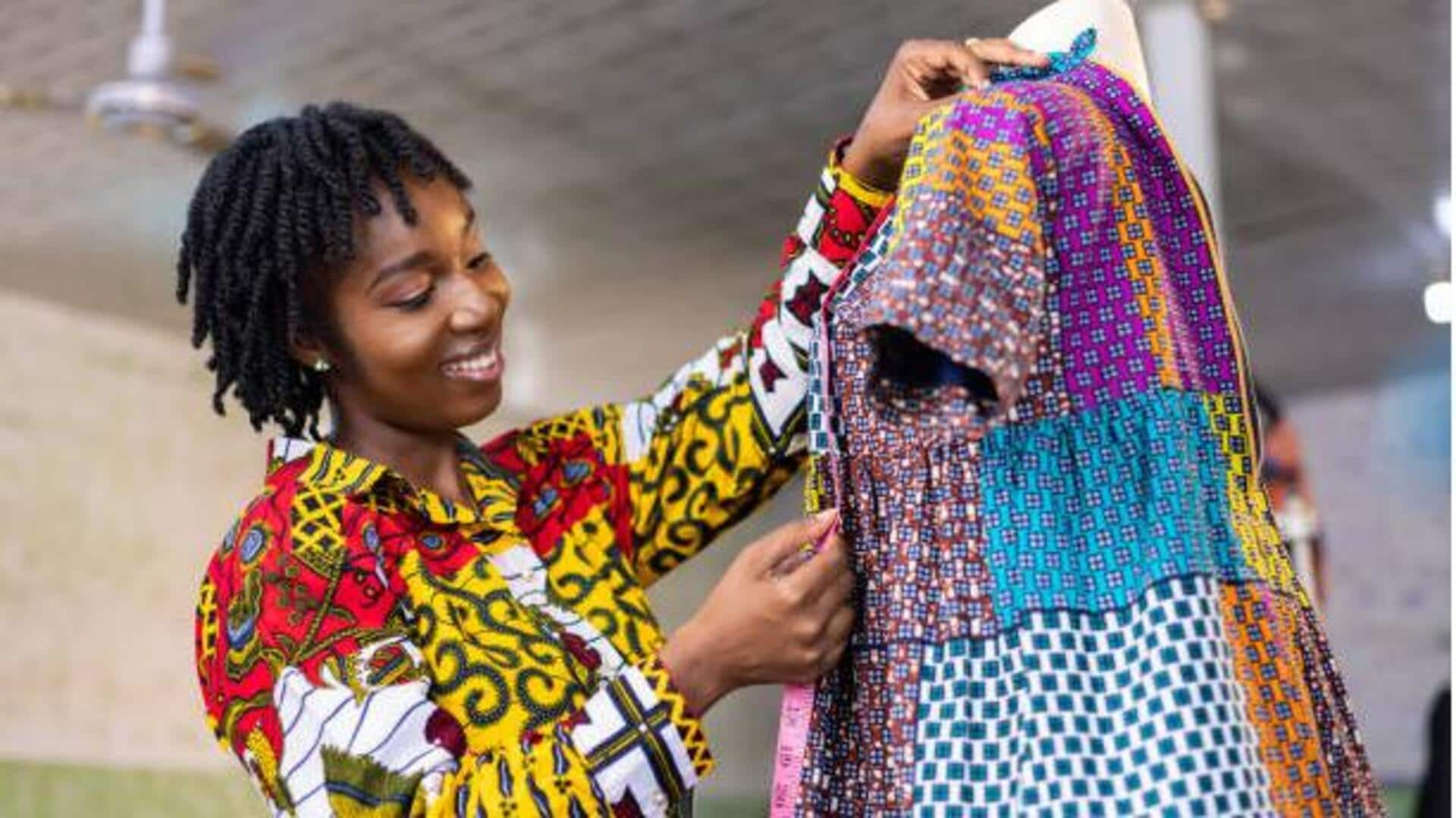
From Africa to the world: Impact of Ankara fashion
What's the story
Loud and intricate, Ankara patterns have long been the defining factor of African fashion. With African celebrities like Lupita Nyong'o and Yemi Alade flaunting these designs globally, Ankara has caught the world's eye. This movement not only celebrates cultural heritage but also combines tradition with modernity. It has an appeal for everyone and is revolutionizing mainstream fashion.
Influencers
Celebrities leading the Ankara trend
African celebrities such as Lupita Nyong'o and Yemi Alade have led the charge to popularize Ankara patterns. By donning these designs at high-profile events and posting them on social media, they have familiarized the larger audience with this traditional fabric. Their influence has piqued the interest of designers around the globe, resulting in collaborations that fuse Ankara with contemporary fashion collections.
Adaptability
Versatility of Ankara designs
One of the major reasons why Ankara patterns are so popular is their versatility. These prints can be transformed into various clothing items like dresses, skirts, jackets, and accessories. This flexibility gives designers a chance to play around with different styles while keeping the spirit of traditional African aesthetics intact. Their mix-and-match ability makes them a perfect choice for casual and formal occasions alike.
Empowerment
Economic impact on local artisans
The increasing demand for Ankara fabrics has been beneficial for local artisans throughout Africa. As more international designers look for authentic materials, production orders are increasing from local communities capable of weaving these textiles. This upswing not only uplifts local economies but also empowers artisans with sustainable income opportunities. It preserves traditional craftsmanship techniques, too.
Acceptance
Global fashion runways embrace Ankara
Today, Ankara patterns are showing up on global fashion runways with designers incorporating them into their collections at mega events like Paris Fashion Week or New York Fashion Week. This acceptance is a step towards inclusivity in the industry, where various cultures are embraced with clothing choices that narrate rich stories, other than the Western ones.